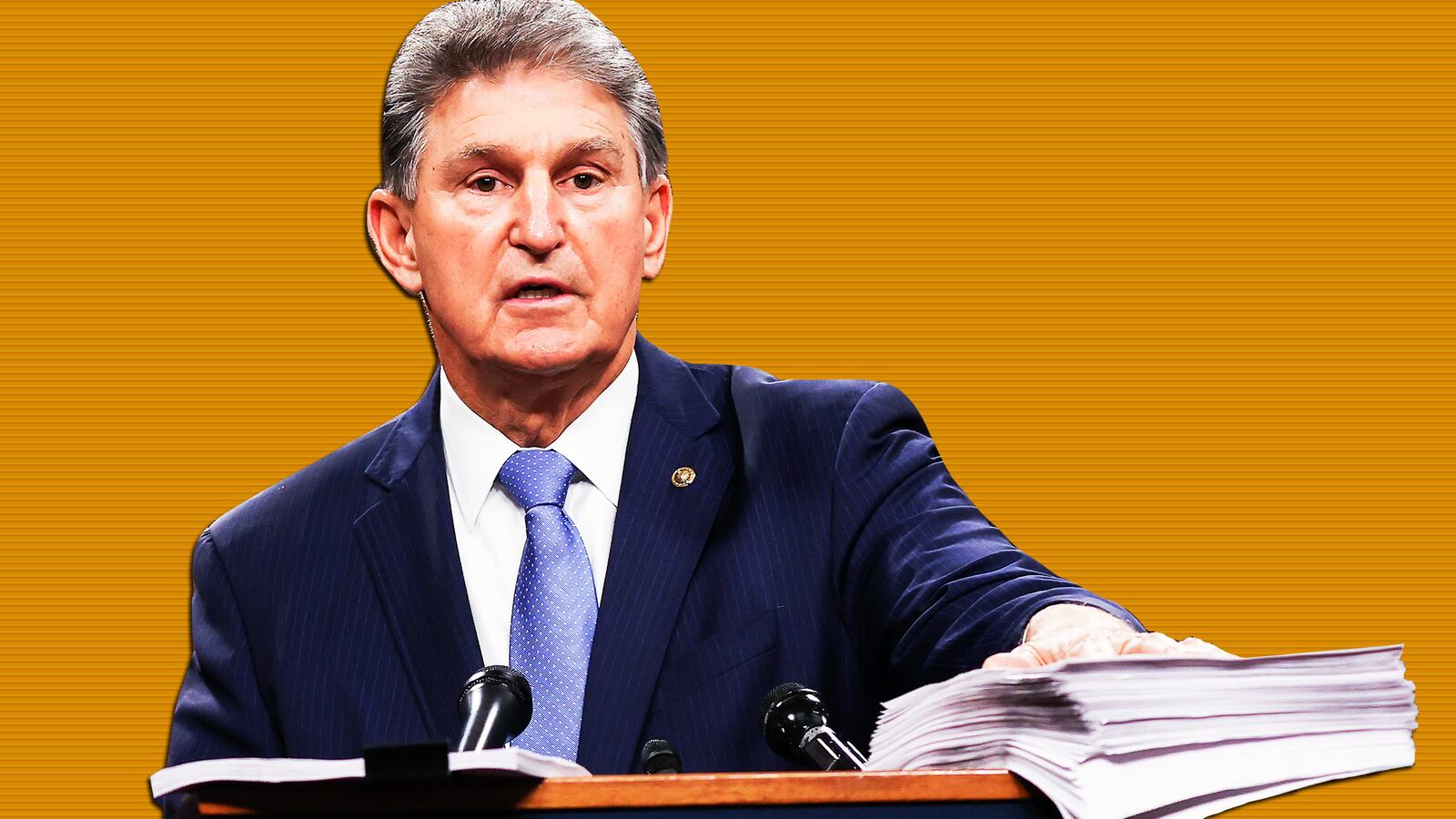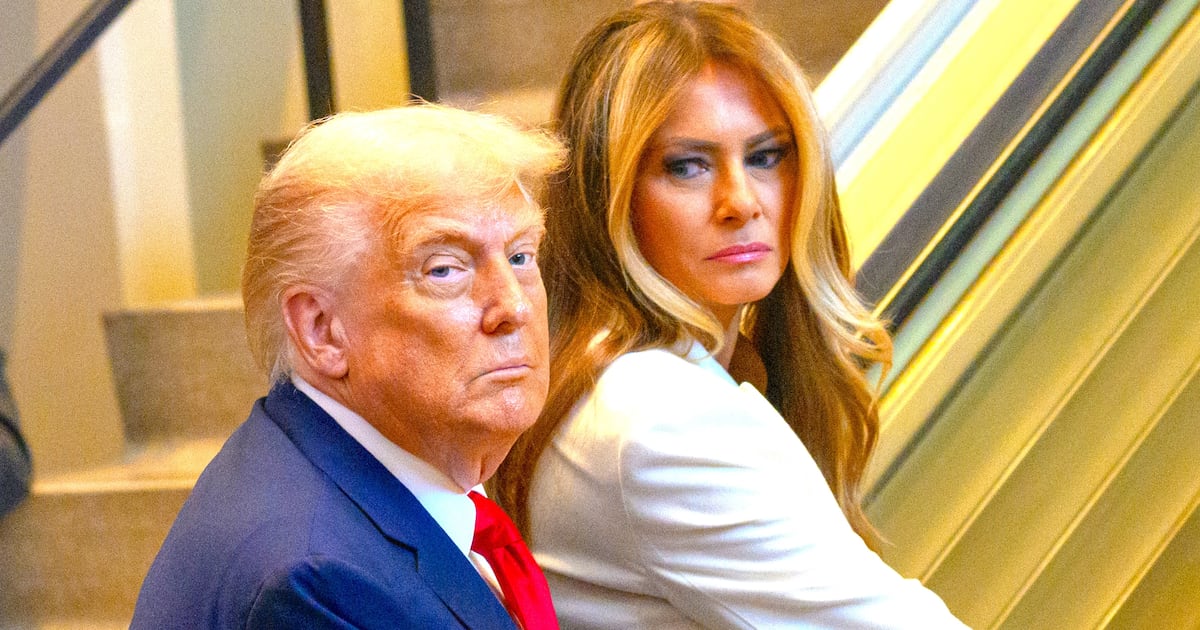As Democrats prepare to assume total political power in Washington in the wake of twin Georgia Senate wins, the most progressive among them in Congress see an opening to pursue a policy agenda that would have been largely shelved had the state broke for the GOP.
Among the most immediate objectives is an expanded COVID-19 relief package, which Democrats broadly agree is the best way to spend their political capital. For weeks, officials have demanded $2,000 “survival checks” for Americans financially struggling during severe pandemic conditions. President-elect Joe Biden and Vice President-elect Kamala Harris, along with the expanded bench of progressive members in the House, have embraced the funding as a necessity, tying the prospect of delivering more money to those in need to the crucial Georgia races.
But many on the left don’t want to stop there. Progressives who reluctantly supported Biden in his bid against President Donald Trump are looking for a substantial return on their investment. To get there, they are ready to argue that a new Democratic Congress should not be approached with moderation, and that the big-picture goals once considered wishcasting like a Green New Deal and student loan forgiveness should get a fair hearing early on.
“Progressives see the Georgia result as an opportunity to go for the jugular,” said Joel Payne, a Democratic strategist. “Democrats really feel like they need to play the way that Republicans play.”
Democratic officials and organizers successfully pinned their hopes of reclaiming the Senate majority on Rev. Raphael Warnock, a Black faith and civil rights leader, against Trump-aligned Republican Sen. Kelly Loeffler. Loeffler’s attempts to label Warnock as a socialist who wants to “defund the police''—a slogan he never used on the campaign trail—ultimately failed. And soon after the first results were final, millennial nominee Jon Ossoff defeated GOP Sen. David Perdue, bringing a pair of hard-fought, highly expensive runoff elections to a victorious end.
But it became clear on Friday that total control does not mean total agreement and that many priorities are likely to be challenged from within the party—even something as popular as the $2,000 check.
“Absolutely not. No. Getting people vaccinated, that’s job No. 1,” Sen. Joe Manchin (D-WV), a conservative Democrat, told The Washington Post about the idea of increased stimulus checks. “How is the money that we invest now going to help us best to get jobs back and get people employed? And I can’t tell you that sending another check out is gonna do that to a person that’s already got a check.”
Later in the afternoon, a spokesperson for Manchin sought to clarify the senator’s remarks, telling NBC News that “he isn't drawing a red line against $2K checks” and is willing to listen to the forthcoming administration’s plans.
The comments nonetheless provided a look into the early practical and rhetorical differences likely to emerge in Washington from a party divided ideologically. Pointing to Biden’s victory in previously red and purple states like Georgia and Arizona, some Democrats are urging strategic caution about moving leftward with such tenuous majorities in the Senate and House.
“If we want to remain in power on either side of Pennsylvania Avenue, we need to consider and respect the moderate wing of the party,” said Michael Gordon, a Democratic operative. “The most powerful people in Washington... are now Joe Manchin, [Sen.] Mark Kelly (D-AZ), and [Sen.] Kyrsten Sinema (D-AZ). Any single one of them can stop any legislation from happening.”
Biden, a historically centrist Democrat, has repeatedly pledged during his campaign and transition to work towards goals like a $15 minimum wage and to help alleviate the causes of climate change. And many progressives in Congress, for their part, are already working to ensure their priorities are considered. Early this week, the House passed a change pushed by Rep. Pramila Jayapal (D-WA), the chair of the Congressional Progressive Caucus, exempting “climate change, pandemic relief, and related public health measures” from the current pay-as-you-go (known as PAYGO) rule, which some argue is a bureaucratic barrier to passing what Jayapal calls “transformative” and “people-first policies.”
“30,000-foot: the ceiling is now way higher for what’s possible on every progressive issue,” said Adam Green, co-founder of the Progressive Change Campaign Committee. “The two buckets I’d expect early on are something massive on coronavirus relief, which encompasses so many other progressive issues under that umbrella, and major democracy reforms, which were completely dead if Mitch McConnell controlled the agenda.”
The so-called democracy reforms, which Sens. Bernie Sanders (I-VT) and Elizabeth Warren (D-MA) championed on the campaign trail, are indeed expected to be a top priority. Some are likely to continue to argue that altering—or ending all together—the legislative filibuster will help make other crucial changes possible.
And many hope that new conversations around D.C. statehood will also happen in the near future. On Thursday, Mayor Muriel Bowser said during a press conference that she would like to see a bill on it “on President Biden’s desk within the first 100 days” of Congress.
Progressive officeholders, outside groups, and activists are also intending to reignite debates around criminal justice and law enforcement reforms, voting rights, and abolishing ICE, some of the most popular policy positions among the left flank up and down the ballot. One of the newest members of the “Squad,” Rep. Cori Bush (D-MO) tweeted to “defund the police” just before taking office.
Sanders and others are expected to continue their years-long push for Medicare for All, even as Biden, Harris, and Speaker Nancy Pelosi (D-CA) have strictly supported improvements to the Affordable Care Act. While the universal health care proposal has support among some Democratic senators and representatives, it will not pass without support from Biden’s White House.
Wendell Potter, a health care reform advocate and insurance industry whistleblower, said that he is in close contact with Sanders, Jayapal, and staffers on Capitol Hill to address what he expects to be the industry’s negative impact on new health care debates.
“They’re going to be throwing everything they can to try and stop the reforms that President-elect Biden and Vice President-elect Harris support, including the public option,” Potter said about his former industry. “We’re going to be really calling attention to that.”







